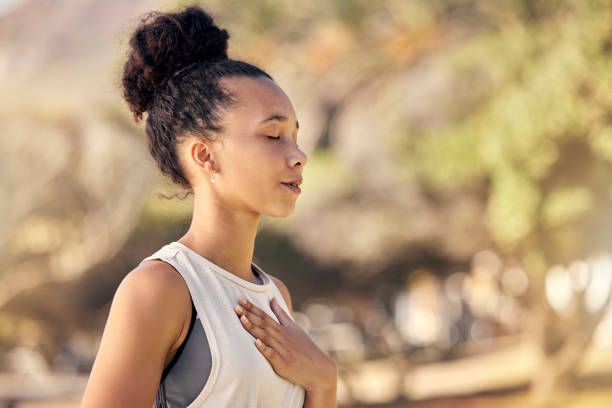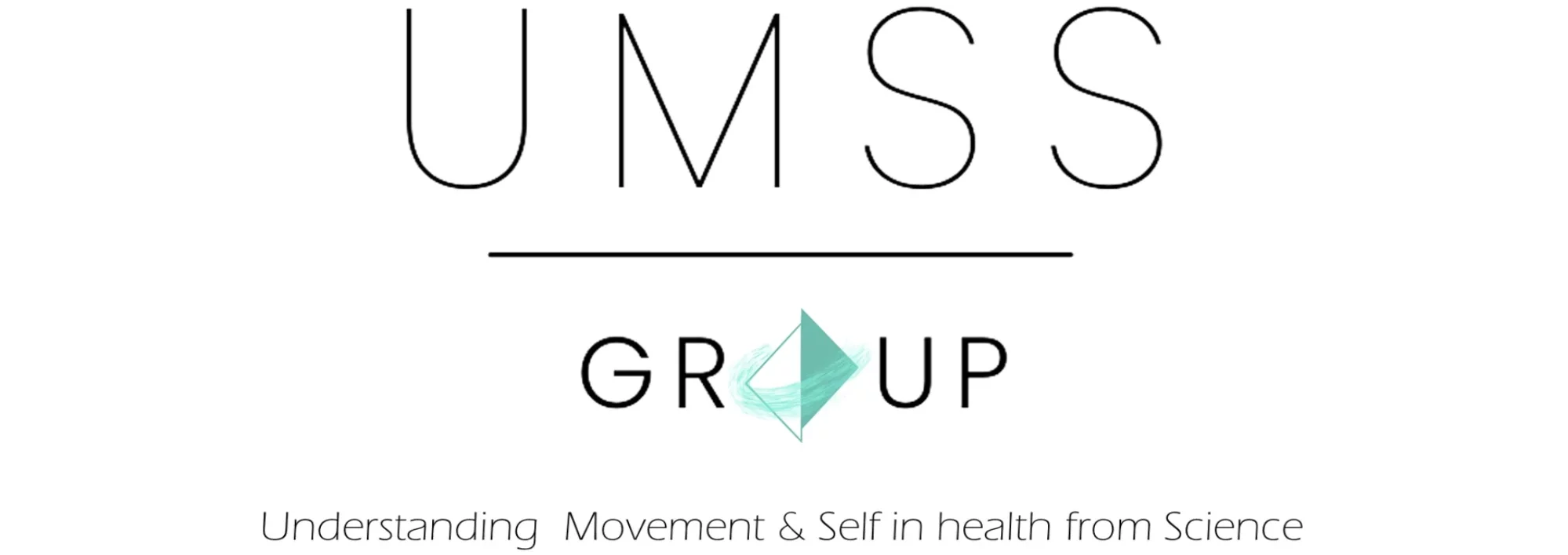
DEDICATE TIME TO BREATHE CONSCIUSLY!
Taking advantage of the fact that May 2nd was World Asthma Day, we at UMSS want to help you understand this condition better. Asthma is characterized by chronic inflammation of the airways, leading to variable airflow obstruction. Although it may seem like a minor illness, it is estimated that over 300 million people suffered from asthma in 2021. Asthma can be particularly disabling for young people aged 5 to 14 (Abbafati et al., 2020), affecting 1 in every 10 individuals in this age group in Spain.
Using medications to reduce the inflammatory process can help alleviate asthma symptoms. However, over 75% of individuals under medical treatment do not have their disease controlled (Adachi et al., 2019), and they also experience adverse effects associated with medication, such as headaches, nausea, and cardiovascular issues (Amaral-Machado et al., 2020).
An alternative or useful complement can be to start with the basics, “learning” to breathe. It may come as a surprise that, even though we breathe over 20,000 times a day, we struggle to do it consciously and purposefully. That’s why respiratory exercises are an essential part of pulmonary rehabilitation programs (Ubolnuar et al., 2019). Learning to breathe consciously seems to help raise awareness and gain control over the condition (Papp et al., 2018), improving lung functionality parameters. However, more high-quality scientific evidence is needed to establish solid recommendations.
In any case, you should know that regularly practicing techniques that help control and manage breathing works very well if you simply want to feel better. At UMSS, we firmly believe in the importance of understanding our bodies and, of course, our breathing as a way to improve not only our physical health but also our emotional state. Our breath changes with our emotions. By controlling our breathing, we can control our inner energy.
“Breathing is the only thing that is with us from the moment we are born until we die.” – Jay Shetty (Think Like a Monk).

